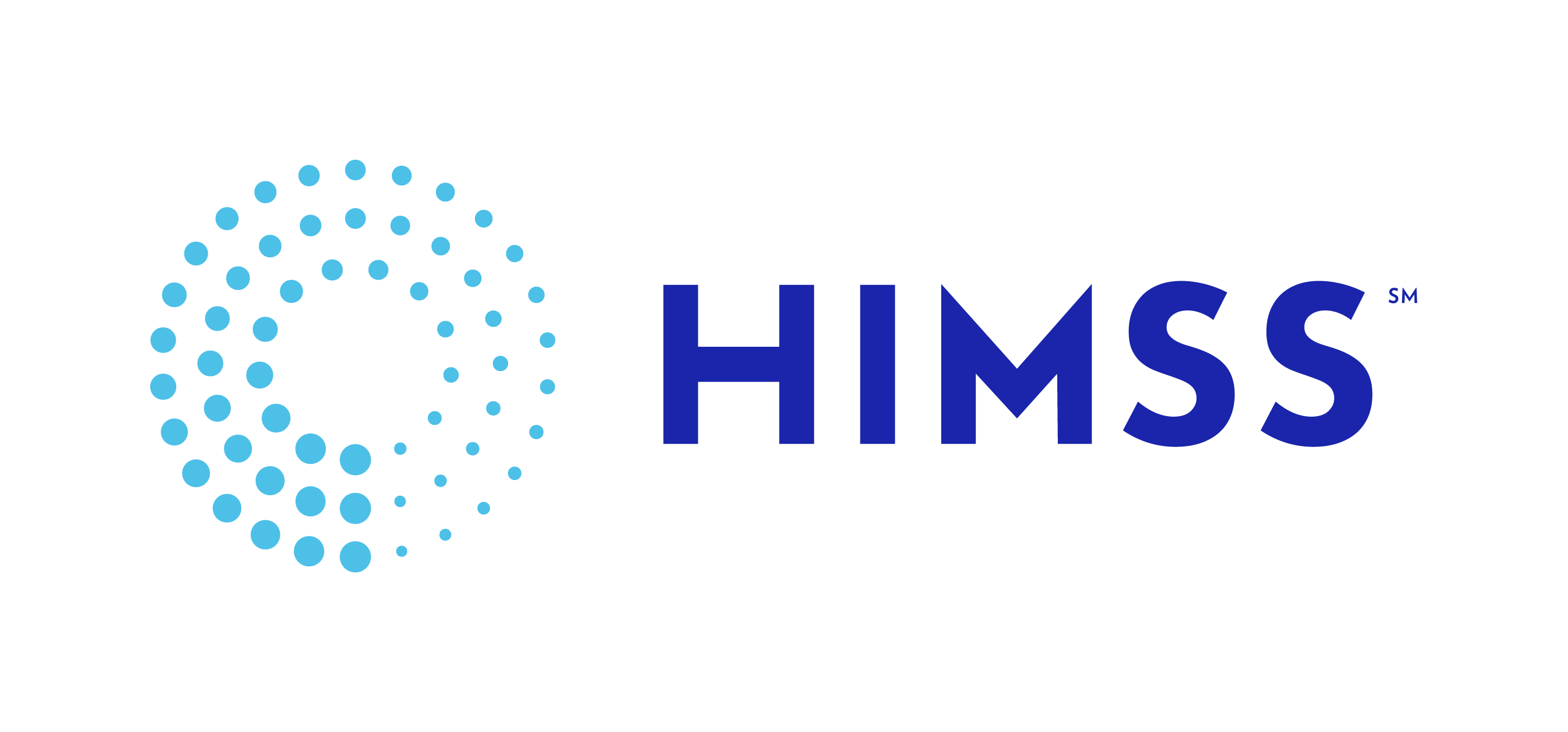March 2020 Program - CANCELLED
Location:
Key Bridge Marriott, Rosslyn, VA
1401 Lee Highway, Arlington, Virginia 22209
~ Blue & Orange Metro Line
Tentative Agenda:
5:30 pm to 6:20 pm Networking with refreshments
6:20 pm - Chapter announcements & Program
Registration Rates:
Early Bird Ends: Mar. 6, 2019
Early Bird Member: $55
Early Bird Non-Member: $65
General Rate Ends: Mar. 7 - Mar. 13, 2019
General Rate Member: $60
General Rate Non-Member: $70
Late/At the Door Rate Starts on Mar. 14, 2019 - Day of the Event (Mar 19)
Late/At the Door Rate - Member: $75
Late/At the Door Rate - Non-Member: $85
Government: Free - Must present Government ID. Please note: Government Contractors are NOT eligible for Government Rate
Students: Free - Must present Student ID.
PLEASE NOTE THAT THE HIMSS NCA MARCH PROGRAM HAS BEEN CANCELLED.
MORE DETAILS WILL BE ANNOUNCED SOON.
Complex Systems Integration: SDOH, Innovative Care Models, Interoperability, Data Standards
The HIMSS National Capital Area (NCA) chapter presents a lively discussion of the influence of several complex interactions within a very complex healthcare system on patient outcomes:
- Interoperability, while an evergreen issue of its own, can stall or support the delivery of needed information across systems;
- Systems integration can promote interactions of data within separate, related systems to foster effective care delivery;
- Social determinants of health (SDoH) can predict many aspects of care access, individual abilities, and needs beyond the healthcare system important to successful patient outcomes; and
- Management of the constant struggle between standards and innovation can drive healthcare delivery towards the best evidence under the safest circumstances.
During this discussion, senior leaders will share their thoughts on how to balance these many issues to provide the most comprehensive care. They will address the interplay of value-based care, care coordination, innovative delivery models, and SDOH in this complex care environment. With their inputs, we can begin to understand how a combination of viable data sources, interoperable systems, and thoughtful management within an effective, person-centered learning health system can lead to a continuously improving healthcare system.
